3-Pack Lip Balm Stick - Organic
3-Pack Lip Balm Stick - Organic
Couldn't load pickup availability


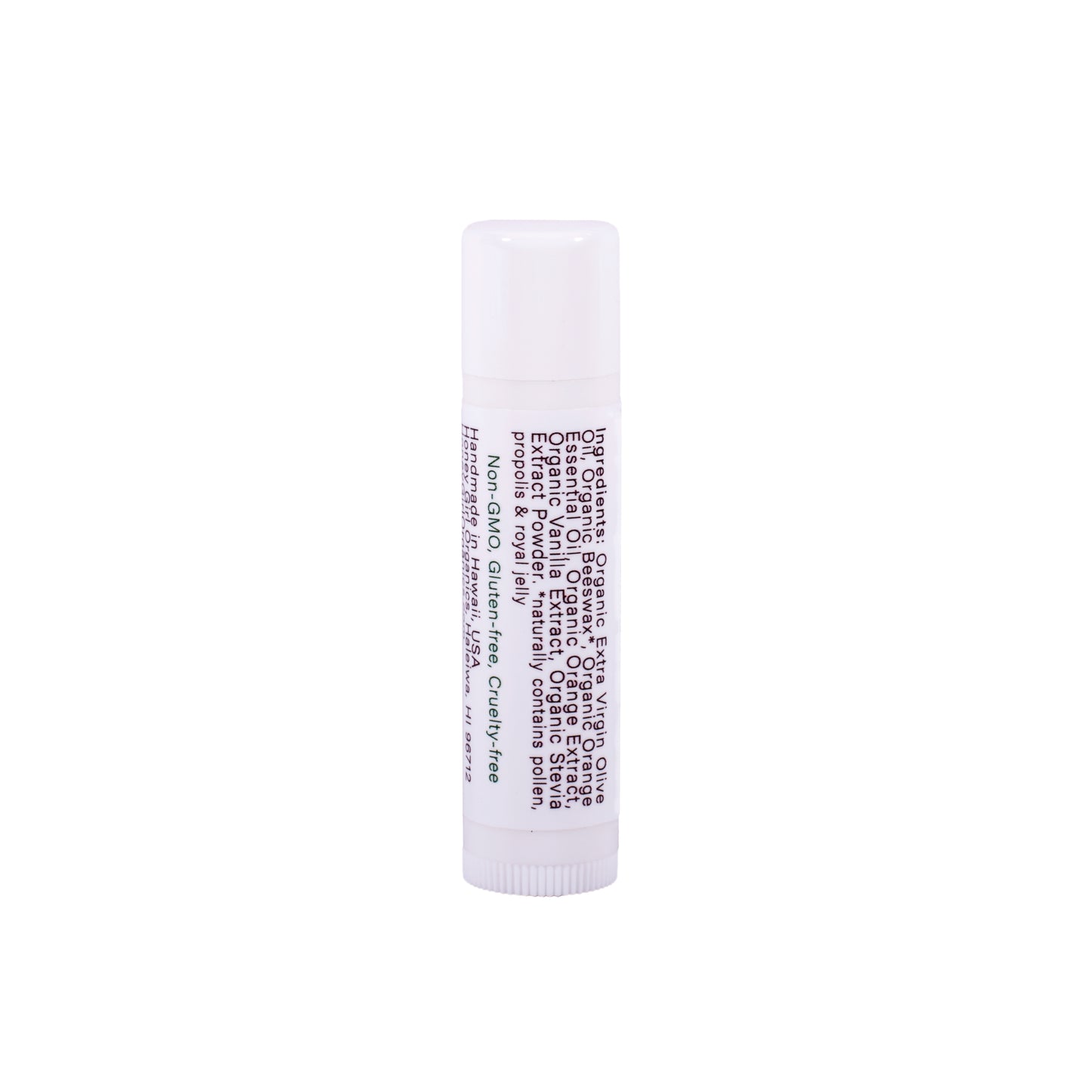
Product Details
Product Details
Nourish your lips and avoid eating harmful chemicals!
This ultra-hydrating lip balm protects and heals your lips from the effects of harsh weather and the dry indoors. Its unique blend of ingredients keeps your lips smooth for longer so you don't have to reapply as often – and it tastes great too!
No toxic chemicals - all organic, all natural, and perfectly safe to ingest.
The Lip Balm has everything you could want. Beeswax, extra virgin olive oil, orange & vanilla essential oils, along with a touch or stevia.
Ingredients
Ingredients
Organic Extra Virgin Olive Oil, Organic Beeswax*, Organic Orange Essential Oil, Organic Orange Extract, Organic Vanilla Extract, Organic Stevia Extract Powder
*Harvested from our organically managed beehives and naturally contains pollen, propolis & royal jelly.
Handmade in Hawaii, USA
Certified Organic by Where Food Comes From Organic US-ORG-001
Learn More: Ingredient Benefits & Information
Directions
Directions
Apply liberally to lips as often as you like to pucker! Can also be used around eyes to moisturize.
Note: Can be used as a natural highlighter on your cheekbones and eyelids for a fresh, balmy look.
Real Customer Reviews
Real Customer Reviews
Here is what some of our highly valued customers actually said about our Lip Balm Stick:
- "Love this lip balm, it always leaves my lips super moisturized. Plus it smells amazing!"
- "I love the HGO lip balm! It leaves my lips soft and moisturized without any weird taste or nasty chemicals."
- "I have very sensitive lips, and most lip balms make my lips itch and swell. However, if I don’t use anything, my lips crack and bleed. Honey Girl Lip Balm Stick works for me. It keeps my lips soft and comfortable. I will keep using it!"
- "Ingredients are ideal - feels amazing - gives lips a lovely glow"
- "Best chapstick ever no more dry lip taste so good and no toxic ingredients!"
- "It is the perfect balm even for the driest of climates."
Our Products Never Contain...
Our Products Never Contain...
- Synthetic Fragrances
- Parabens
- Phthalates
- Preservatives
- Emulsifiers
- Dyes
- Sulfates
- GMOs
- Testing on Animals
- Unfair Trade
- Environmentally Harmful Ingredients
Trust Our Best-Selling Lip Balm Stick
Trust Our Best-Selling Lip Balm Stick
Honey Girl Organics’ signature and best-selling USDA Certified Organic Lip Balm Stick delivers instant long-lasting hydration that soothes and keeps lips plump. Our most popular Lip Balm features organic beehive ingredients locally sourced in Hawai’i and high-quality olive oil.
Rewarding Loyalty
Rewarding Loyalty
We are proud to feature our Honey Rewards loyalty program! Automatically earn points on purchases, referrals and more. Redeem any time for free products or order discounts.
New Customer? Sign up for our Honey Rewards Program today!
General Instructions
-
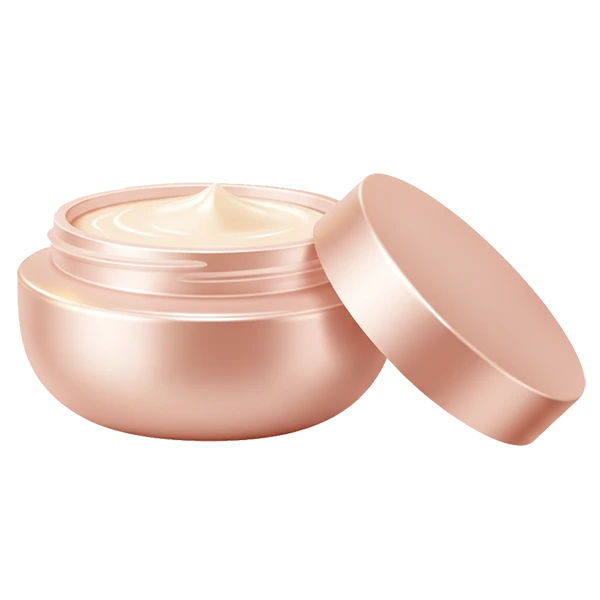
Step 1
Open the Jar
There may be some separation in the creams from time to time because no artificial or chemical emulsifiers or stabilizers are used. If separation should occur, please stir lightly with a clean spatula.
-
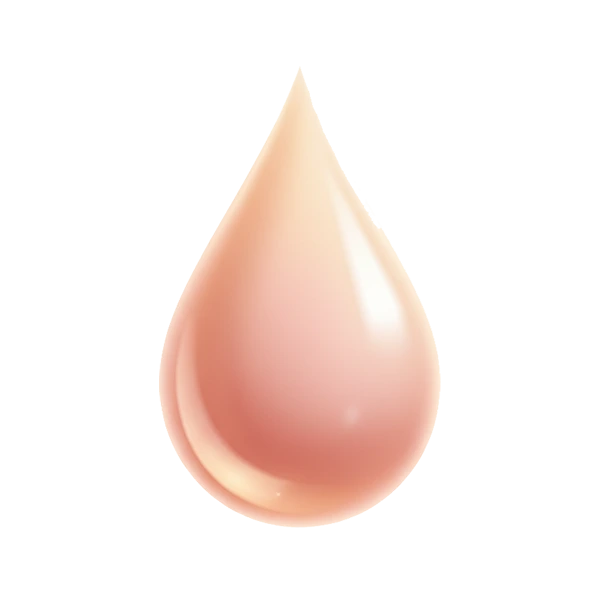
Step 2
Apply a Very Small Amount
Our products are concentrated. A little goes a long way! Apply a small amount first, then increase as desired.
It’s best to either use an applicator or clean hands when removing the product from its container.
-
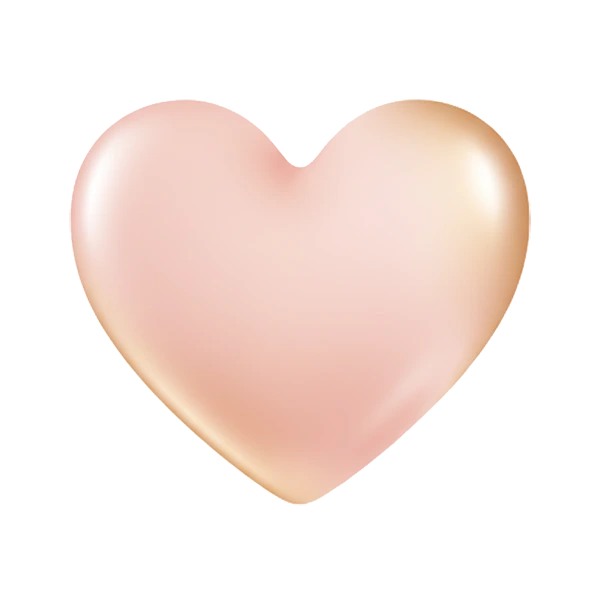
Step 3
Love Your Skin
We hope you love it! Store your product at room temperature, away from direct sunlight and heat. DO NOT refrigerate.
We recommend using our products within 6 months after opening. If unopened, they will remain good for 12-18 months from the batch date. They have been tested for a shelf life of 18 months unopened and another year opened providing usage of clean fingers and/or spatulas.
OUR STAR INGREDIENTS
HONEY

What is honey and how is it made?
When the foraging field bees return to the hive with their loads of nectar they are greeted by home-based worker bees at the hive. These home-based bees immediately begin receiving the transfer of the nectar load. The transfer is accomplished tongue to tongue. Once the transfer is complete the recipient bees continue to process the honey by holding it in their mouths and honey stomachs and adding additional enzymes.The tongue to tongue transfer also begins the process of evaporating the water out of the nectar. The recipient bees hold the nect ar on their tongues to let the water evaporate. Nectar is about 80% water. This must be reduced down to about 18% so that it can be converted to honey. The lower moisture level is needed so that the honey can be stored without fermenting. Once some of the water is evaporated on the tongues of the hive bees, the partially dehydrated nectar is placed into open cells where the evaporation process continues by the beating of wings. Once the honey has been properly dehydrated the bees seal the cells. Beekeepers know that the honey is ready for harvesting when they see sealed honeycomb cells.
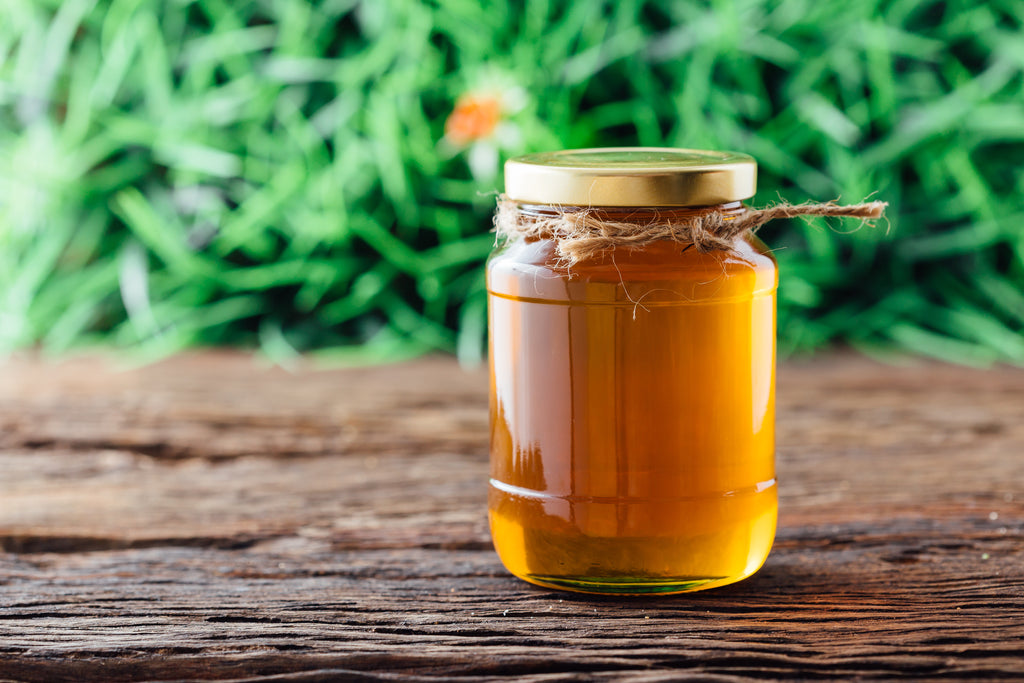
Use of honey for healing throughout history
* An ancient Egyptian medical papyrus recommends the use of honey to cure infection and heal wounds.
* Cleopatra bathed in milk and honey. Because honey is very low in moisture it is a natural humectant. This means that it attracts and retains moisture, making it an excellent moisturizer for hair and skin.
* Honey is the only natural food that never spoils if sealed and kept within natural temperatures. Archeologists found a jar of honey in a tomb in Egypt that tasted fine, even though it was two thousand yea rs old.
* The use of honey as an aphrodisiac is mentioned in both The Kama Sutra and its Arabic equivalent, The Perfumed Garden.
* The Greek physician Hippocrates, born in 460 BC, is known as the "father of Western Medicine." He is the author of the "Hippocratic Oath," taken by all Western doctors to this day. Hippocrates studied honey and loved its properties. He noted that "[h]oney and pollen cause warmth, clean sores . . . [and] soften hard ulcers . . . ."
* The Muslim Quran, at Chapter XVI, entitled The Bee, states: "There proceedeth from their bellies a liquor of various colour, wherein is medicine for men."
* Honey is mentioned in the Bible 61 times, including 20 descriptions of Canaan as the "land flowing with milk and honey."

Modern Use of Honey for Healing
Honey contains vitamins, minerals, and amino acids
Honey Contains Antioxidants
A variety of factors cause the creation of free radicals, including exposure to environmental hazards like secondhand smoke and car exhaust. And free radicals also occur in the body naturally.
Antioxidants neutralize free radicals and thus slow down thi aging process by neutralizing free radicals. Honey is rich with antioxidants. A 2004 study conducted by the University of California concluded that honey has levels of antioxidants that compare well with fruits and vegetables that have high levels of antioxidants like spinach, apples, and strawberries.
It is important to note that antioxidants are destroyed when honey is heated. For that reason store-bought pasteurized honey will not have the same health benefits. At Honey Girl Organics, we use only our own organically raised raw (unheated) honey in all our products.
Honey Contains Antibacterial and Anti-fungal Agents


BEESWAX
Why is beeswax in Honey Girl Organics' creams?

Uses of Beeswax in Beauty Products

What is beeswax?
It takes about a million of these wax flakes to create 2 pounds of beeswax.
In order to create honeycomb, beeswax needs to be pliable enough for the bees to mold, but sturdy enough to act as protection for the bees, their eggs and their precious food source. Although it's too hard and brittle to apply to your skin directly, the beeswax from honeycomb can be gently melted and used as a base for a variety of skincare products. Beeswax may be applied to minor burns or other skin damage in order to help heal the skin. The texture and water-resistance of beeswax allows it to act as a protective barrier. When mixed in lotion and applied to rough patches or chapped areas it prevents further damage and seals in moisture, allowing the skin to heal. It also helps soften skin without synthetic chemical additives.
PROPOLIS
But honey and pollination are not the only gifts offered by these ancient, magical insects. Propolis is yet another beehive product that provides many unique benefits.

What is Propolis?
When analyzed down to its trace ingredients, bee propolis contains more than 300 compounds, the exact makeup of which varies greatly depending on the plant source, the time of collection, and the geographic location of the hive.
How Bees Use Propolis
Second, propolis, with its strong anti-bacterial qualities, is used to disinfect the interior of the hive. The entire interior of the beehive is coated with propolis, and the interior of the brood cells is also coated in preparation for the laying of eggs. This disinfecting of the cells ensures an antiseptic environment for the rearing of the brood.

How People Use Propolis
Propolis has long been used by humans for medicinal purposes. The ancient Greek physician, Hippocrates, often called the "father of modern medicine," prescribed propolis for the healing of sores and ulcers. Egyptians used propolis for a variety of diseases and to embalm bodies. The Roman scholar Pliny wrote extensively on propolis, describing its abilities to reduce swelling, soothe pain and heal sores.
The use of propolis in toothpaste helps fight bacteria and tooth decay and helps heal bleeding gums.
At Honey Girl Organics we use propolis in almost all of our products
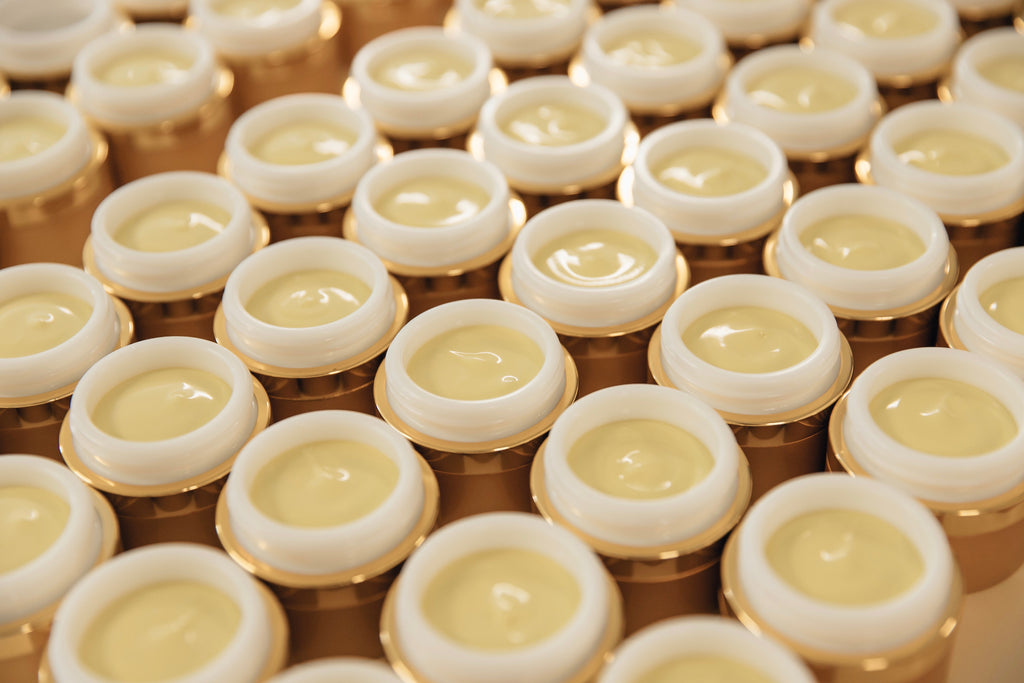
BEE POLLEN
Bee pollen has long been recognized for its many health benefits. In particular, it is known for its ability to improve skin health and to rejuvenate the skin.

What is Bee Pollen?
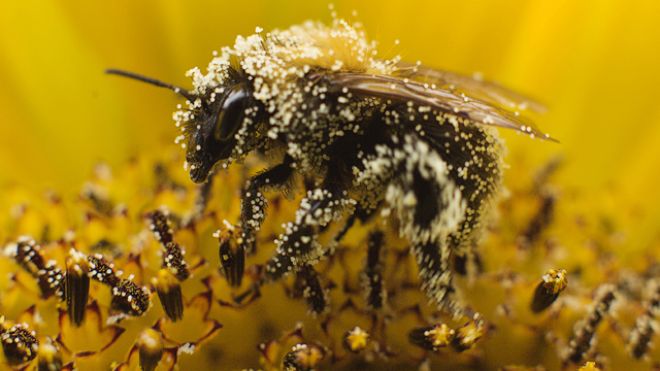
Why is Bee Pollen so Nutritious?

How People Use Pollen
- Dr. M. Esperrois, of the French Institute of Chemistry, concluded from his experiments that bee pollen contains potent antibiotics and also reverses the aging of the skin, correcting darkening, wrinkles, and blemishes.
- Dr. Henri Luzuy, in his work "Pollen - The Biological Principle in Cosmetology" says, "Pollen extracts can be considered as factors of particular importance in the regeneration and rejuvenation of the skin. The first visible effect of the cosmetic preparations with a pollen extract base is the clearing of the complexion."
- Dr. Lars-Erik Essen says, "Through [nutrition administered through the skin], bee pollen exerts a profound biological effect. It seems to prevent premature aging of the cells and stimulates growth of new skin tissue. It offers effective protection against dehydration and injects new life into dry cells. It smoothes away wrinkles and stimulates a life-giving blood supply to all skin cells. The skin becomes younger looking, less vulnerable to wrinkles, smoother, and healthier with the use of honeybee pollen."
- Professors N. Mankovsky and D. G. Chebotarev, found that bee pollen renews skin cells. They explain: "The rejuvenation of skin and body cells can be encouraged by the administration of the poly-vitamins, microelements, enzymes, hormones, and amino acids present in bee pollen."
At Honey Girl Organics, we use bee pollen in most of our products for the benefits it brings to skin health. The antioxidants in bee pollen fight skin damage caused by free radicals. The many nutrients nourish and rejuvenate the skin.
ROYAL JELLY
Why is Royal Jelly in our organic creams?

What is Royal Jelly?

Health Benefits
Studies indicate that the acids found in Royal Jelly contribute to collagen production, which is important for more youthful looking skin.
ORGANIC EXTRA VIRGIN OLIVE OIL

Health & beauty myths come and go. Sooner or later, the truth rises to the surface, the bubble pops— and a fad is laid to rest, quickly making way for yet another to take its place.
Not the case with Mighty Olive Oil!
Olive oil has withstood the test of time. History has shown that its use dates back to ancient times; it was revered as a source of currency, medicine, fuel, food, & soap-making. It was used for religious rituals and found in a plethora of beauty treatments. Hippocrates mentions 60 different conditions which could be treated with it, such as skin ailments, wounds and burns, gynecological issues, ear infections and many others.

Anti-Oxidant = Anti-aging
Olive oil contains a high concentration of antioxidants including Vitamins A and E. These antioxidants protect the skin from damage by fighting off free radicals that attack cells, eroding collagen and elastin. Olive oil’s antioxidants are essential anti-aging ingredients.
Anti-inflammatory = Clearing & Calming
Antibacterial = Cleansing
Oleic Acid = Moisturizing

So moist AND organic!
Years ago I had chronically extremely chapped lips and my therapist suggested I try a lip balm with propolis in it. I didn't know about HoneyGirl at the time and I don't know what brand I found back then, but it made a huge difference. Since then, however, I lost track of the kind I'd gotten. I've searched high and low in health food stores for any lip balm with propolis in it and never found one. It's exciting to now have one that not only has propolis, but is organic! I feel really good using this balm.
The lip balm is creamy and smooth to apply but also long lasting. The Night Crème is wonderful for the winter dry skin we get in MN. Smooth to apply and light scent is so pleasant.
This is the first time I've tried this lip balm and absolutely love how it keeps my lips moisturized.
Love it







